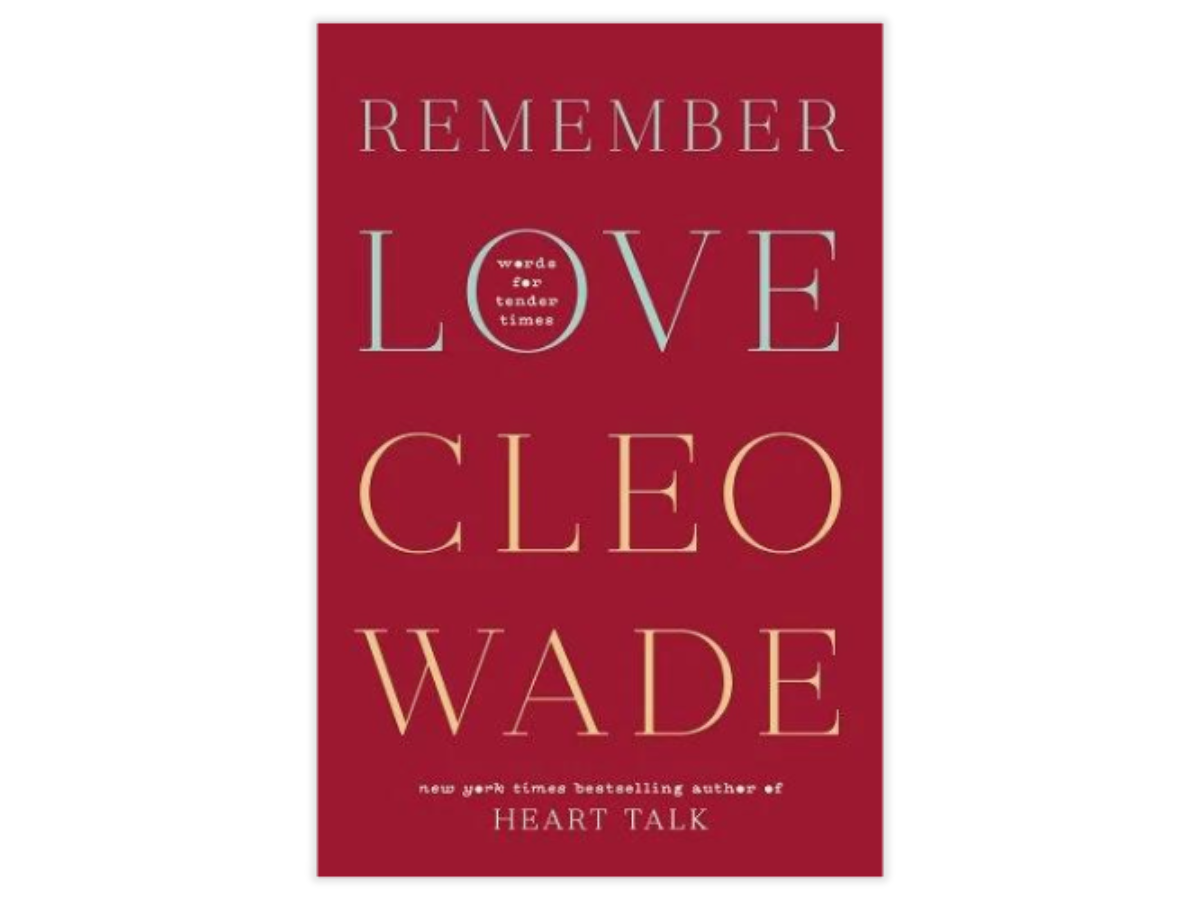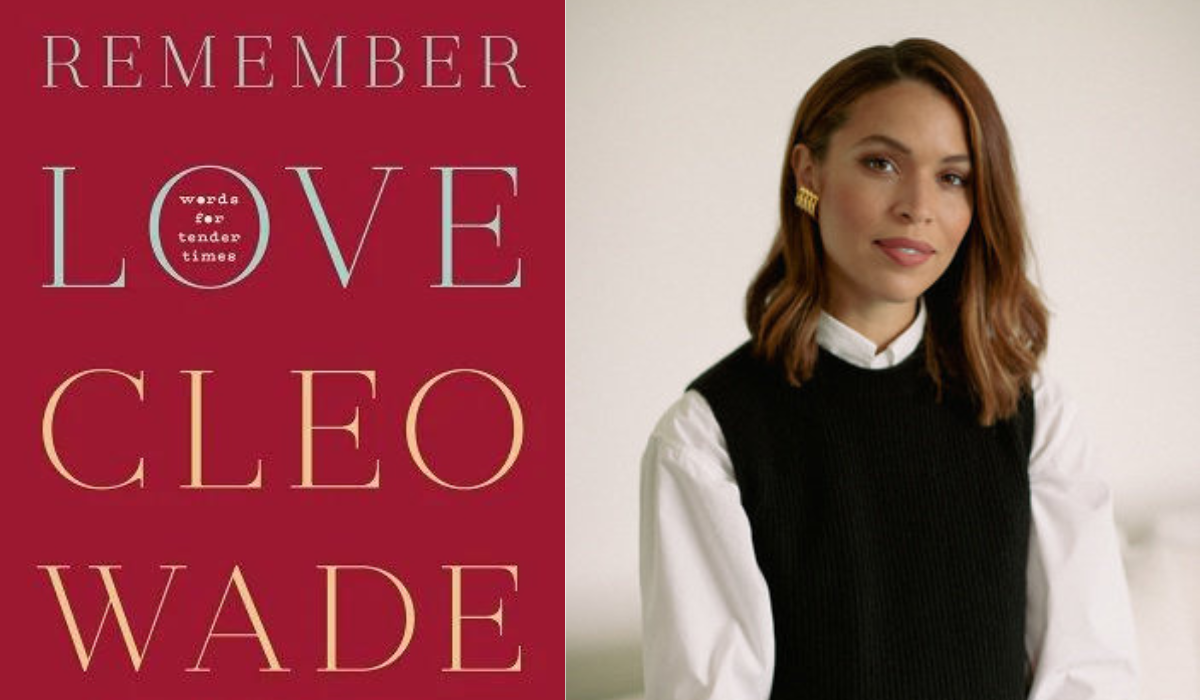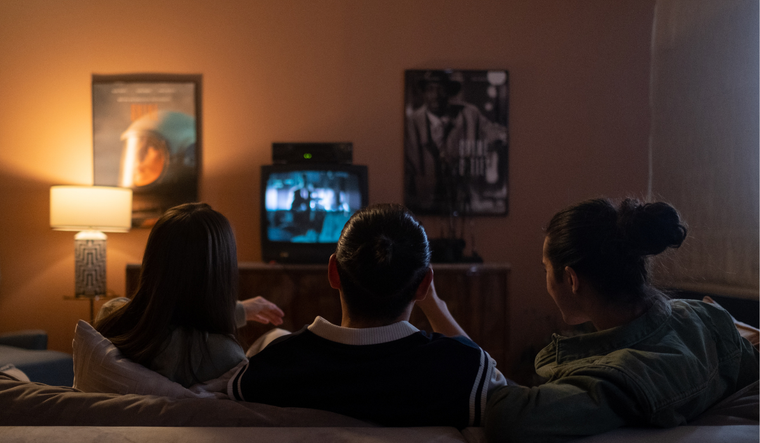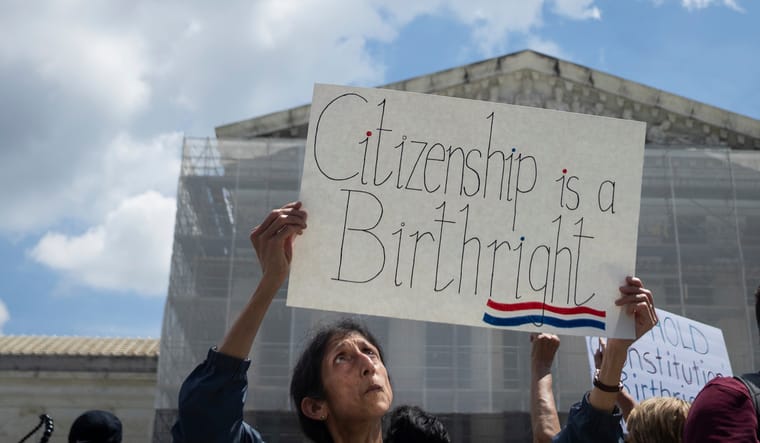“We Are Living in Tender Times.” Bestselling Poet Cleo Wade Offers Us the Heartfelt Wisdom We All Need Right Now
Whenever we read the words of Cleo Wade, we're struck by how gentler and bigger our hearts feel. Heart Talk, Wade's 2018 book of poetry, is akin to sitting with a dear friend squeezing your hand. Her newest book, Remember Love: Words for Tender Times, offers the same solace. The artist and poet weaves stunning prose about loneliness, depression, grief, loss, hope, and love. And it is that last sentiment—love—that Wade wants us never to forget to lend to others and ourselves.
As we interviewed Wade in early October (she is as kind to talk with as she is to read), the truth became clear: Wade's work is the salve we all need now.
A CONVERSATION WITH CLEO WADE
The subtitle of your book is Words for Tender Times. Why do these words speak to you right now?
I wanted to emphasize the tenderness that we are living in, and that is living in us, to allow ourselves to give ourselves a break. And by 'give ourselves a break,' I mean self-compassion. I feel that we are all overwhelmed in our own ways, in our own lives.
While writing this book, a very close girlfriend was staying with me. She was going through a hard time. I remember she was on the phone with another friend of ours, and I could hear her weeping and having a hard time. Then I heard our friend say to her, 'Girl, just remember we are living in tender times.' Just overhearing that for one minute, I thought, We are living in tender times.
Remember Love is something I wanted to create as a way to hold someone's hand during a tender moment. A tender moment doesn't mean it's the hardest thing you've ever been through or the worst thing you've ever been through, although that can happen, too. But it's just about being raw and vulnerable. Also, the world feels different. It is moving at a pace that is hard to keep up with. Change is happening at a pace that is hard to comprehend. We are in the midst of incredible transformation. I felt that at this moment, people need words that say, 'I understand.'
You write that self-love is often spoken about like a battle we win or lose. How do you want this aspect of self-love to evolve and land for readers?
It is something that moves as an energy with us. And like any energy, it can expand depending on how we tend to it and how we acknowledge and receive and build momentum with that energy. Also, there's a guru culture that has started to exist where everyone wants to hack everything. And you can't hack self-love. You can't hack heartbreak. There are no shortcuts in grief. When you have signed your name on that paper that means your marriage is over, you are sad, and it is hard. When this happens, you don't need someone to say, 'Here are three quick ways to talk yourself out of your feelings.' This is a slow process. It requires time, it requires comfort, it requires someone to hold you. And when there is no one to hold you, I have always just looked for words—words that could hold what I was going through. That is why I wanted to create them for others. Words have been such a gift to me in my life; I wanted to create that gift for other people.
Change is a theme you visit in your work. In that light, you write that we are "endlessly getting to know ourselves." Why do change and personal evolution interest you?
So much of why we struggle with change is that we are trying to give ourselves the same kind of treatment or care that applies to a self that we no longer are. For example, my best friend's father passed away [recently]. She's not ever going to be the same person. What she needed a week ago may no longer apply to who she is today.
Something else I wrote in Remember Love is that we don't get to stay who we were. Life changes us. So much of why I think I battled through my postpartum depression was because I kept thinking, Here's my toolkit, and I can do all these things that have helped me when I felt like myself. But none of those things helped me in the same way when I didn't feel like myself.
I also wrote that it's hard to love a stranger, and it's especially hard when change has turned you into a stranger. It's hard to love yourself when you don't feel like yourself, and that can make you feel like there's something wrong with you because you're not laughing at jokes the same or you don't feel at home with your friendships or your partnership in the same way. I think of my friends who dropped their kids off at college: They're fundamentally not the same person. That change changed them.
This leads to the idea of surrendering, which you believe in. How does surrender play a role in these tender times?
A tree is never trying to hang on to the last leaf of fall before winter comes. It is releasing the leaf and allowing winter to come. Recently, when I was in my hometown of New Orleans, I said, 'There's not a single oak tree here that is afraid of hurricane season.' If we can surrender, we can return ourselves to our most natural state, which is something that is in tune with the natural world. We can release these charged feelings we have about what comes. We spend so much time in this digital world that is all about control, high performance, high functions, and productivity that we really have started to believe that our computer screen efficiency is similar to our own nervous system. And it's not. If you want to return your nervous system to a state that is actually in tune with the human being that you are, you're much more likely to do that standing next to a stream than you are live-streaming something on your phone screen. I say this from experience, from my own struggles of wondering how real company and connection benefit, help, and hold me. I wrote in the acknowledgments to this book how I'm so grateful to all of my girlfriends who sat with me on my living room floor with takeout. It was so healing for me.
I was so grateful that I could return to being someone who watched the sunset. All of this helped me remember that even in our own nervous system, in our own hearts, there is a new day. The way you feel today is not your destiny. Audre Lorde said that pain does turn into something else. Even the worst moment in your grief is not your destiny. It is there.
We should try to get as much support as we can on our worst day. However, we may find that in a book, person, therapist, support group. But we do have to know that the sun goes down and the sun comes up. And there's so much healing in the time between that sunset and sunrise.

Cleo Wade is a New York Times bestselling author and poet.Her books include Heart Talk, Where to Begin, What the Road Said, and her newest book Remember Love: Words for Tender Times. Learn more at cleowade.com.
Please note that we may receive affiliate commissions from the sales of linked products.



